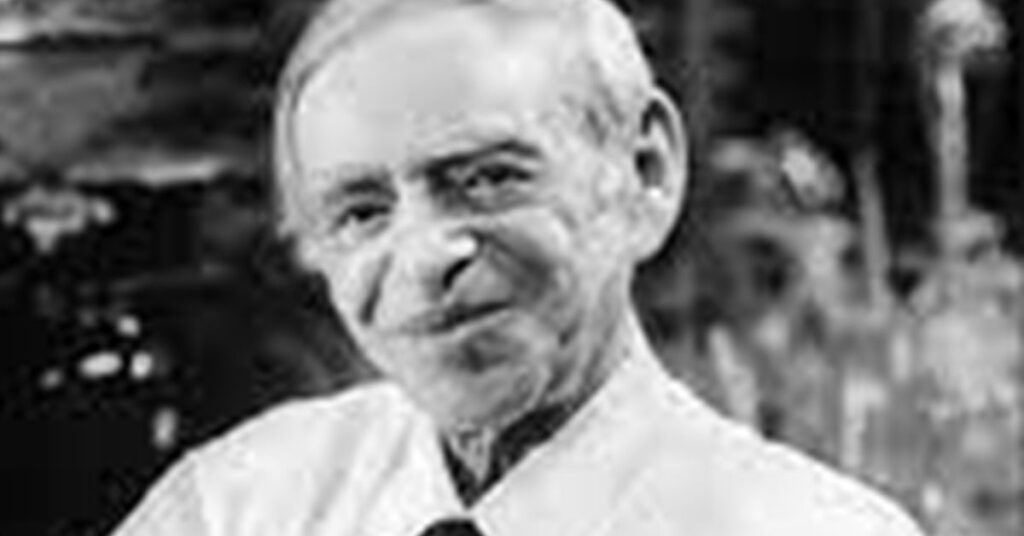
Kazimierz Funk, a biochemist with Polish-American roots, significantly shaped the scientific community’s understanding of nutrition. His groundbreaking work in 1912 led to the coining of the term “vitamines,” later known as vitamins, a class of compounds essential for human health. As a trailblazer in this domain, Funk’s research extended to various areas, including hormones, diabetes, peptic ulcers, and the biochemistry of cancer.
In the mid-1930s, Funk’s expertise allowed him to elucidate the molecular structure of thiamine, a crucial vitamin, adding to his list of scholarly achievements. His career saw him return to the United States in 1940, where he assumed the presidency of a medical research institution. Before his passing, Funk dedicated his efforts to uncovering the underlying causes of cancerous growths.
Funk’s legacy is honored annually through the Casimir Funk Natural Sciences Award, presented by the Polish Institute of Arts and Sciences of America (PIASA). This accolade recognizes Polish-American scientists who have made significant contributions to their fields, with recipients including Nobel laureate Roald Hoffmann and other distinguished figures such as Aleksander Wolszczan, Hilary Koprowski, Peter T. Wolczanski, Wacław Szybalski, Zbyszek Darzynkiewicz, and Benoit Mandelbrot.
While Funk’s professional life is well-documented, his personal life and religious beliefs are less clear. Speculation suggests that his Polish heritage may indicate a Jewish background, but this has not been definitively established. The cultural and religious landscape of Poland during Funk’s era was diverse, including Catholic and other faith traditions, leaving his personal beliefs a subject of conjecture.
Born on February 23, 1884, in Warsaw, then a part of the Russian Empire, Funk was the son of Jacques Funk, a dermatologist, and Gustawa Zysan. The Russian control over Poland at the time posed significant educational challenges, but despite these obstacles, Funk’s academic journey was marked by excellence. Initially home-schooled, he later attended a public school and eventually moved to the prestigious Warsaw Gymnasium in 1894. His educational pursuits took him to the University of Bern in Germany, where he delved into biology and chemistry, laying the groundwork for his future scientific contributions.
Though the details of Funk’s early life and his parents are known, further information about his ancestry and wider family background remains elusive. The historical context of restricted records for Polish scientists of his era adds a layer of complexity to uncovering his lineage.
Kazimierz Funk’s indelible impact on the field of nutrition, epitomized by his moniker “Father of Vitamins,” stands as a testament to his scientific prowess, independent of the unresolved aspects of his personal history.
